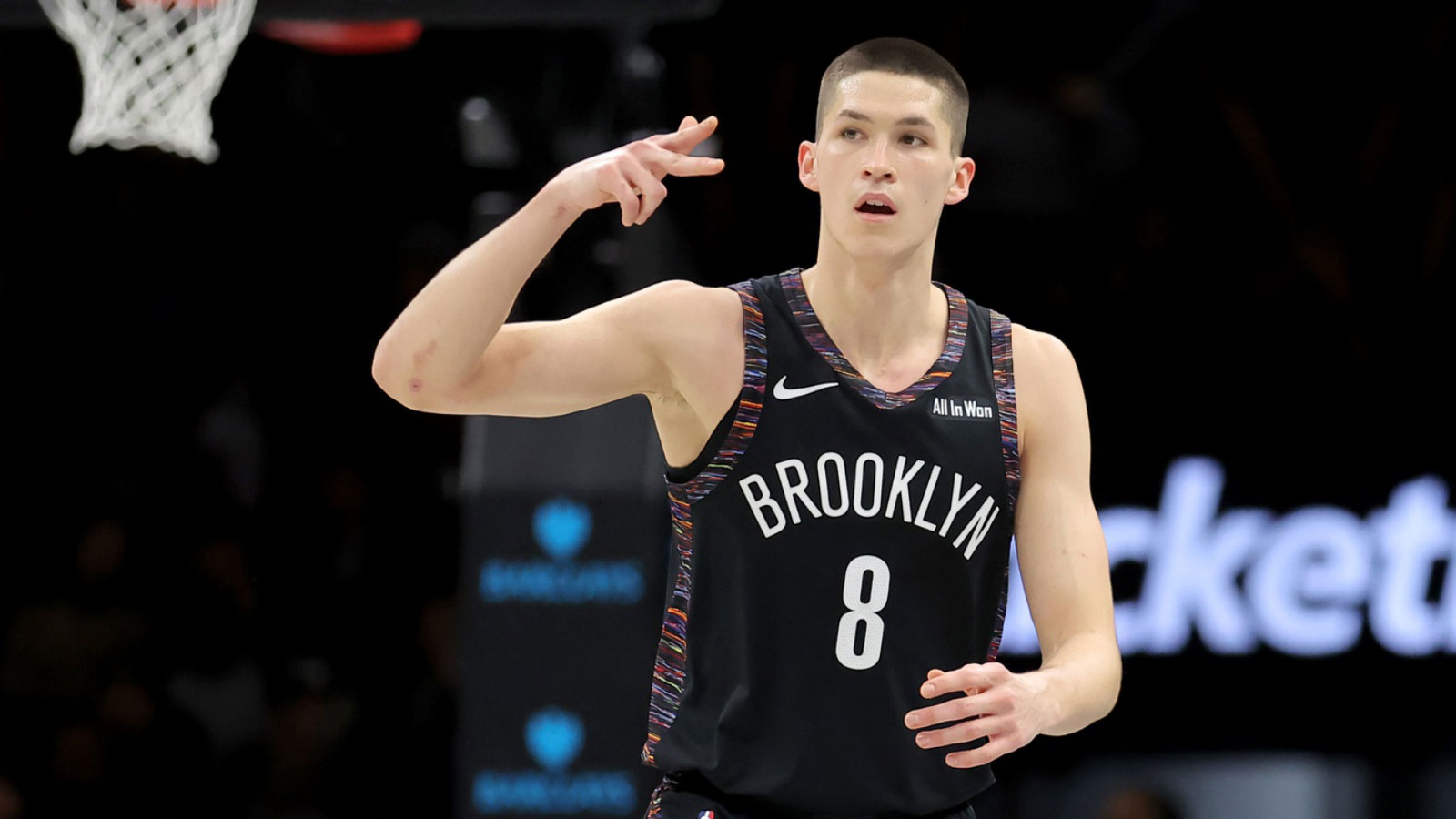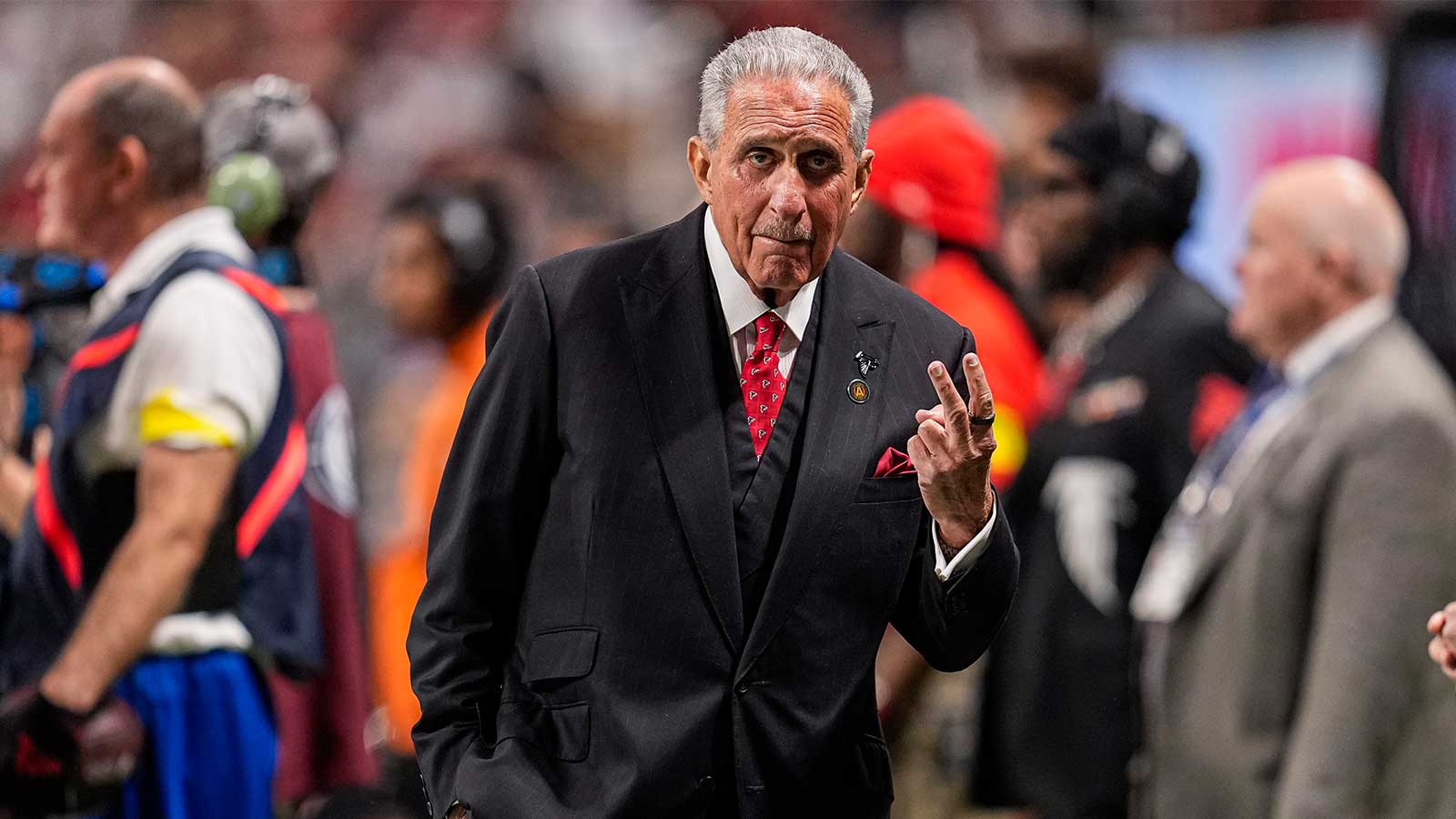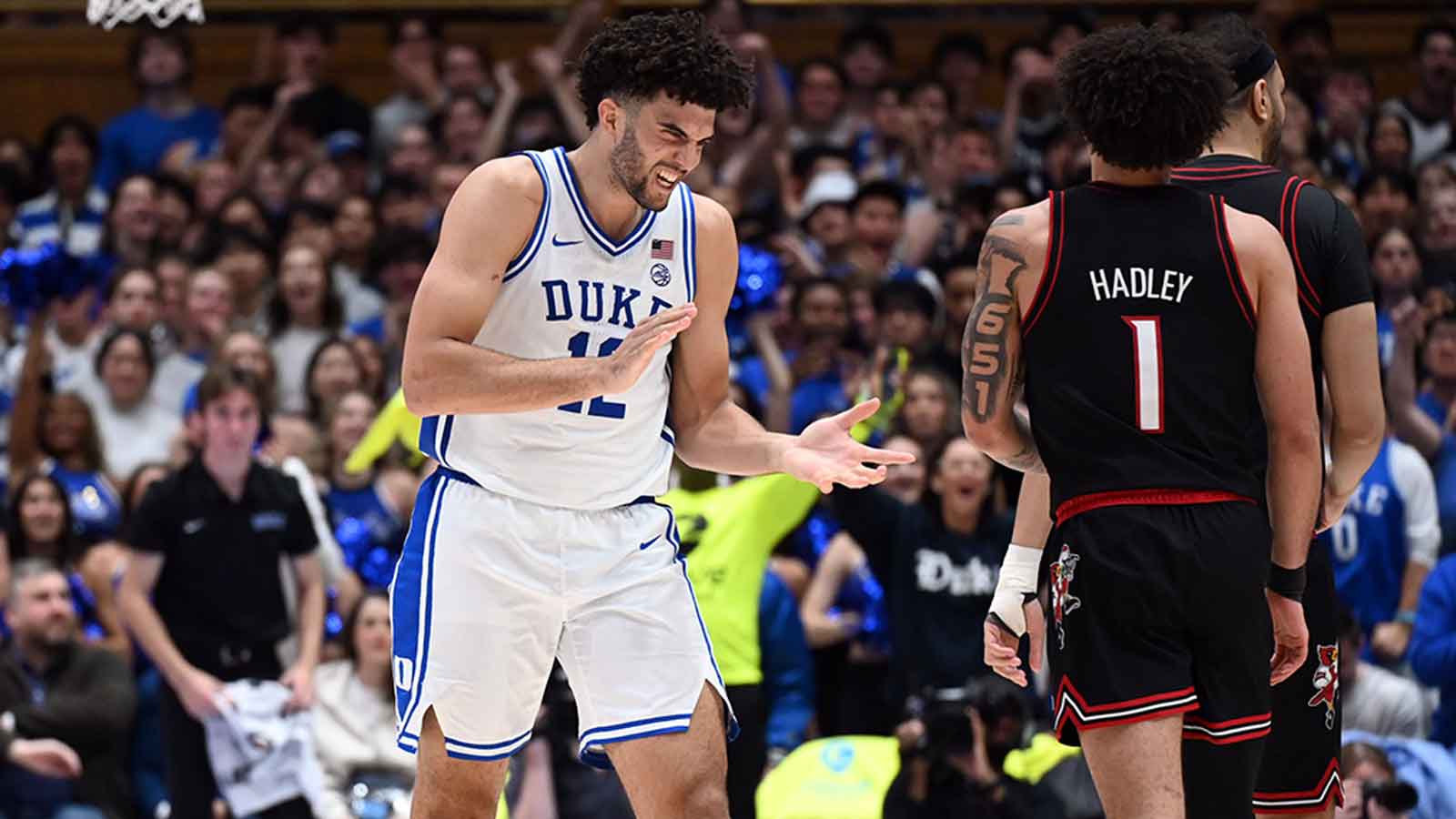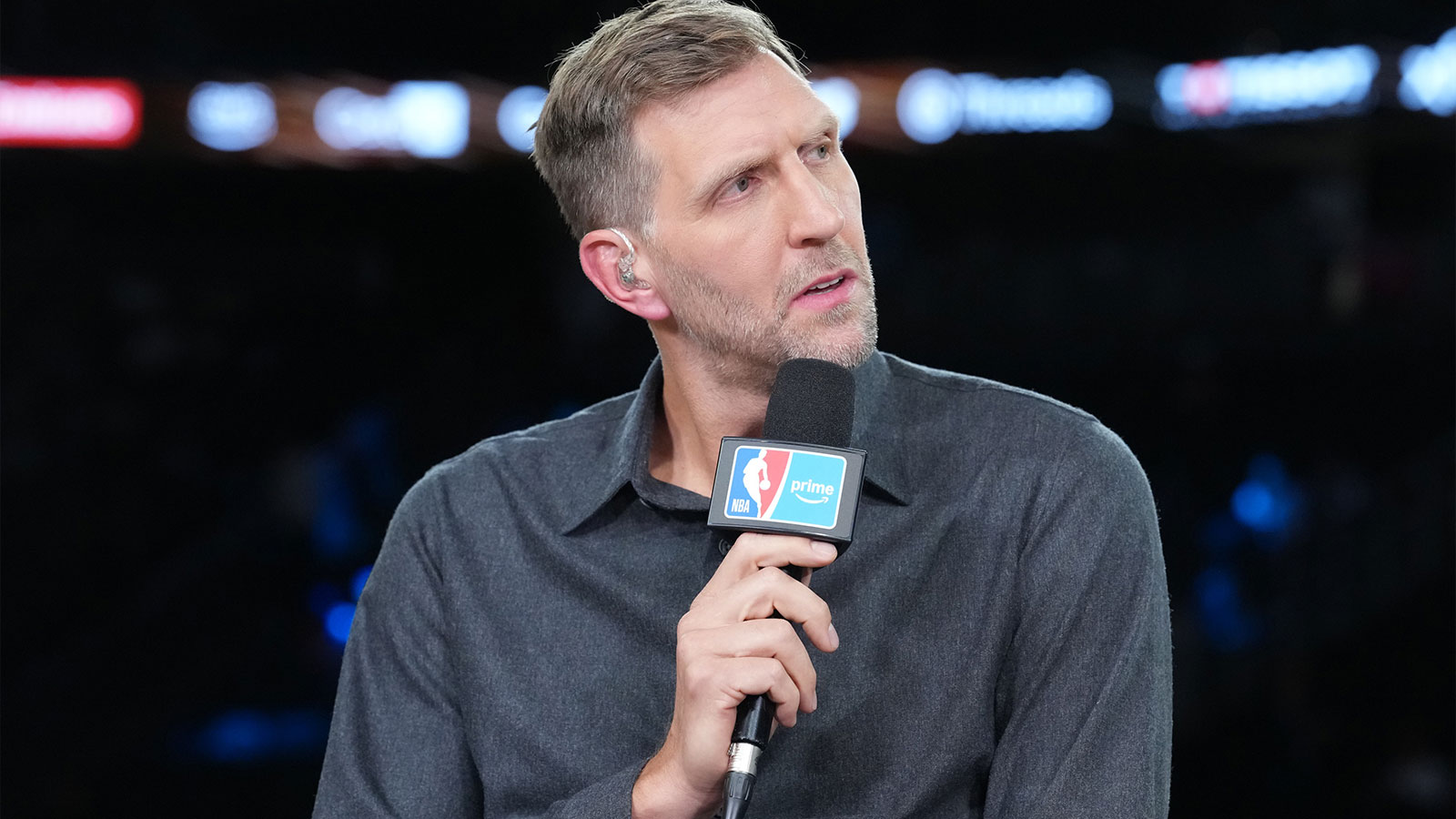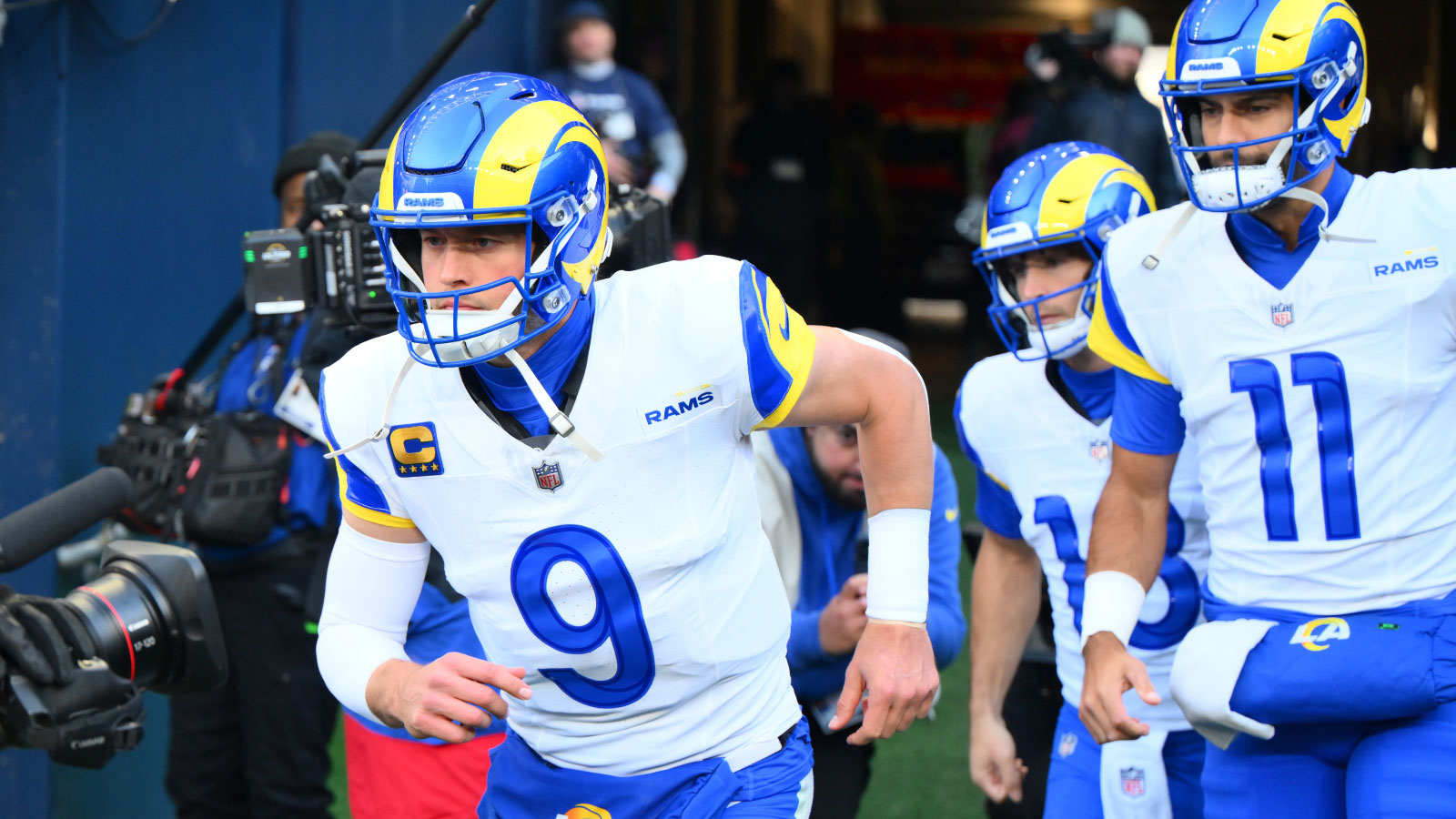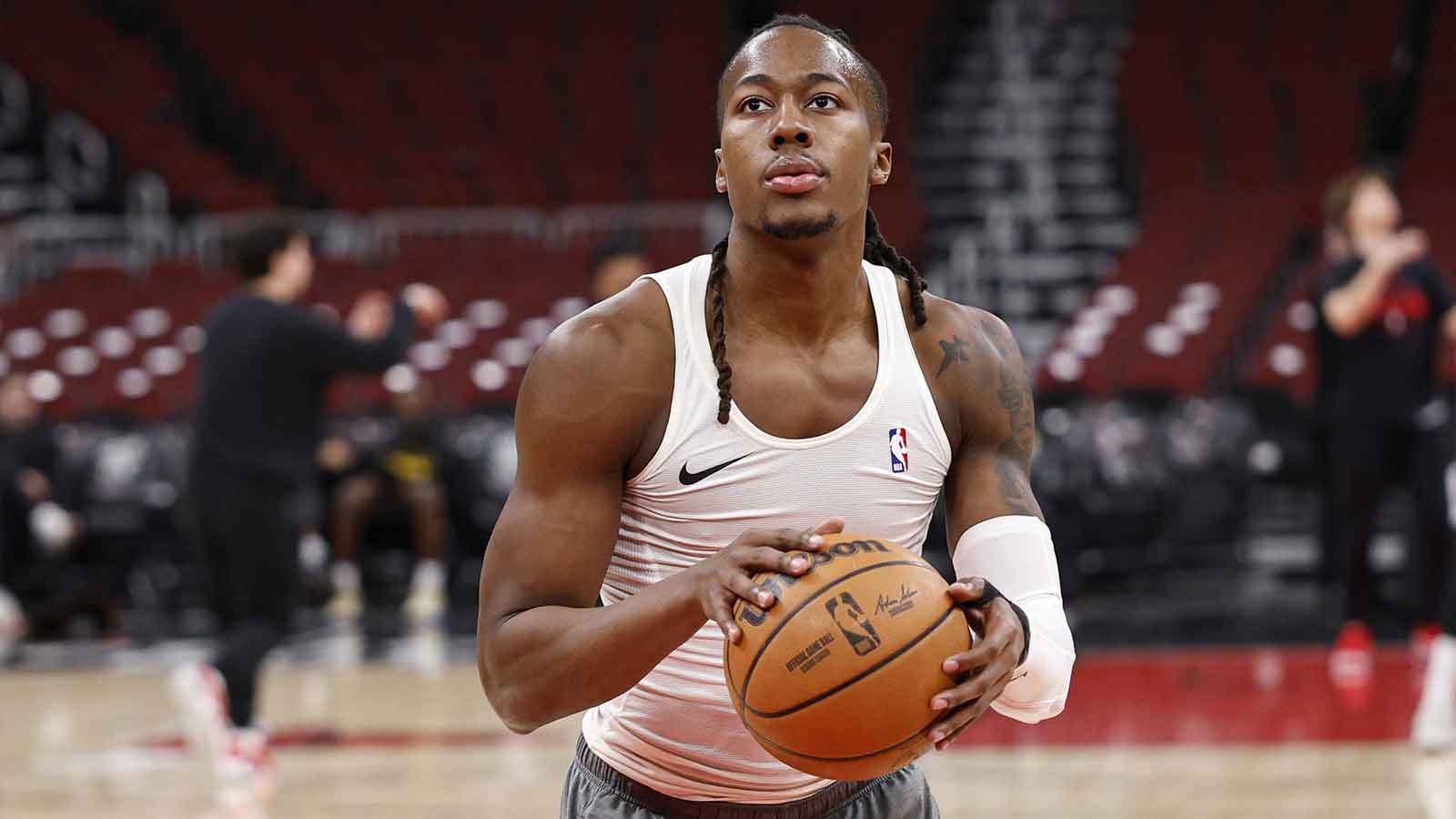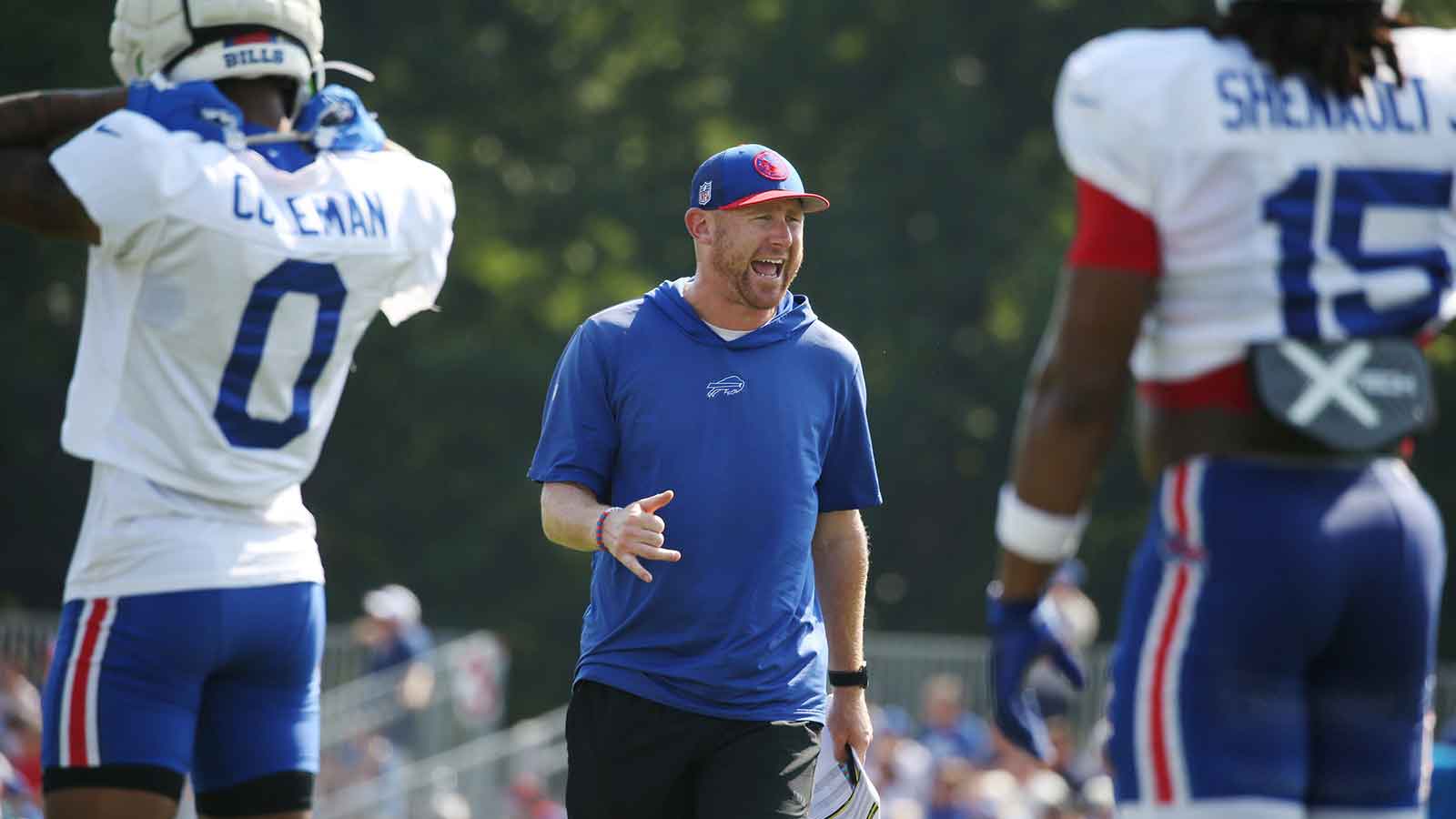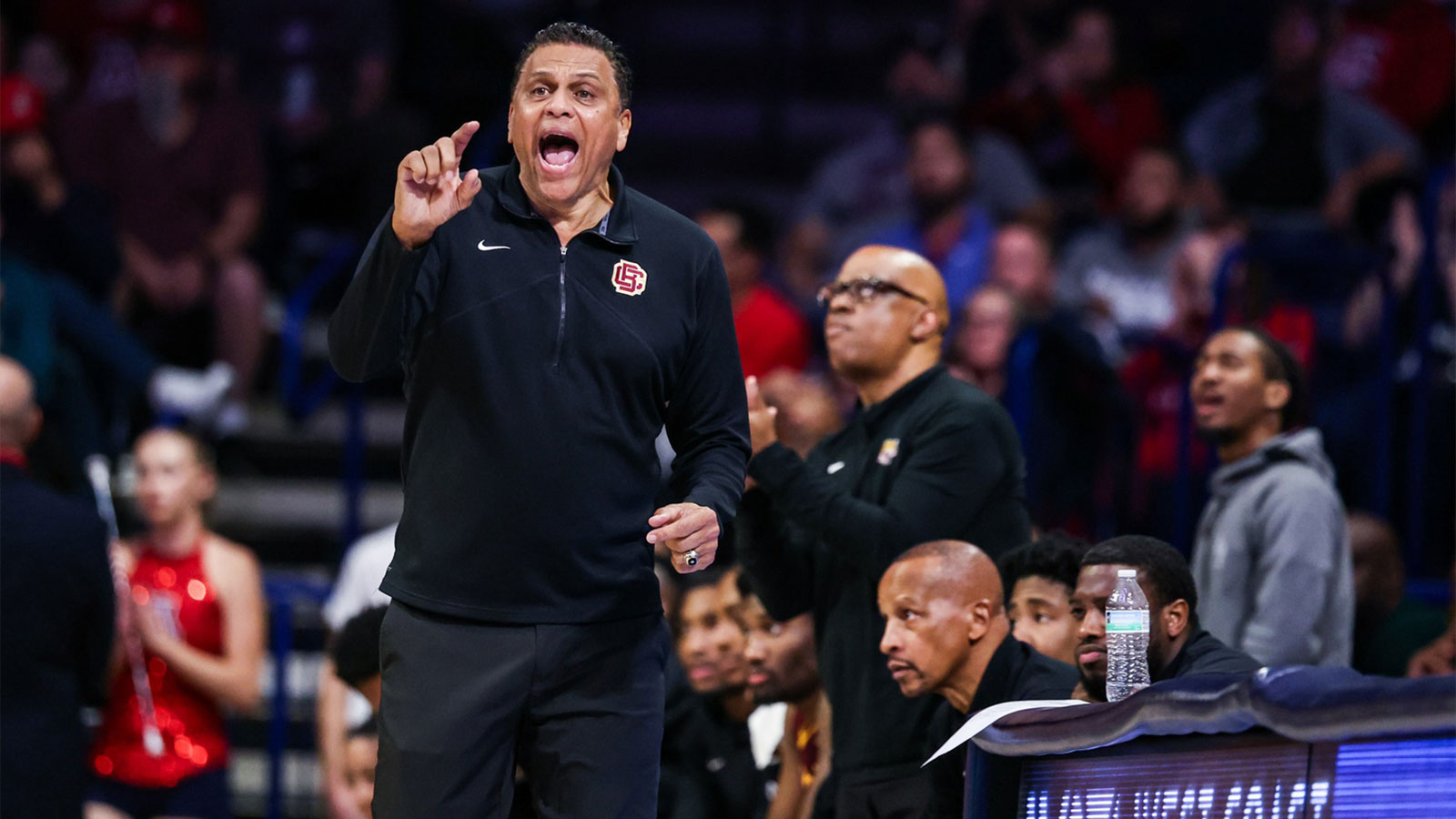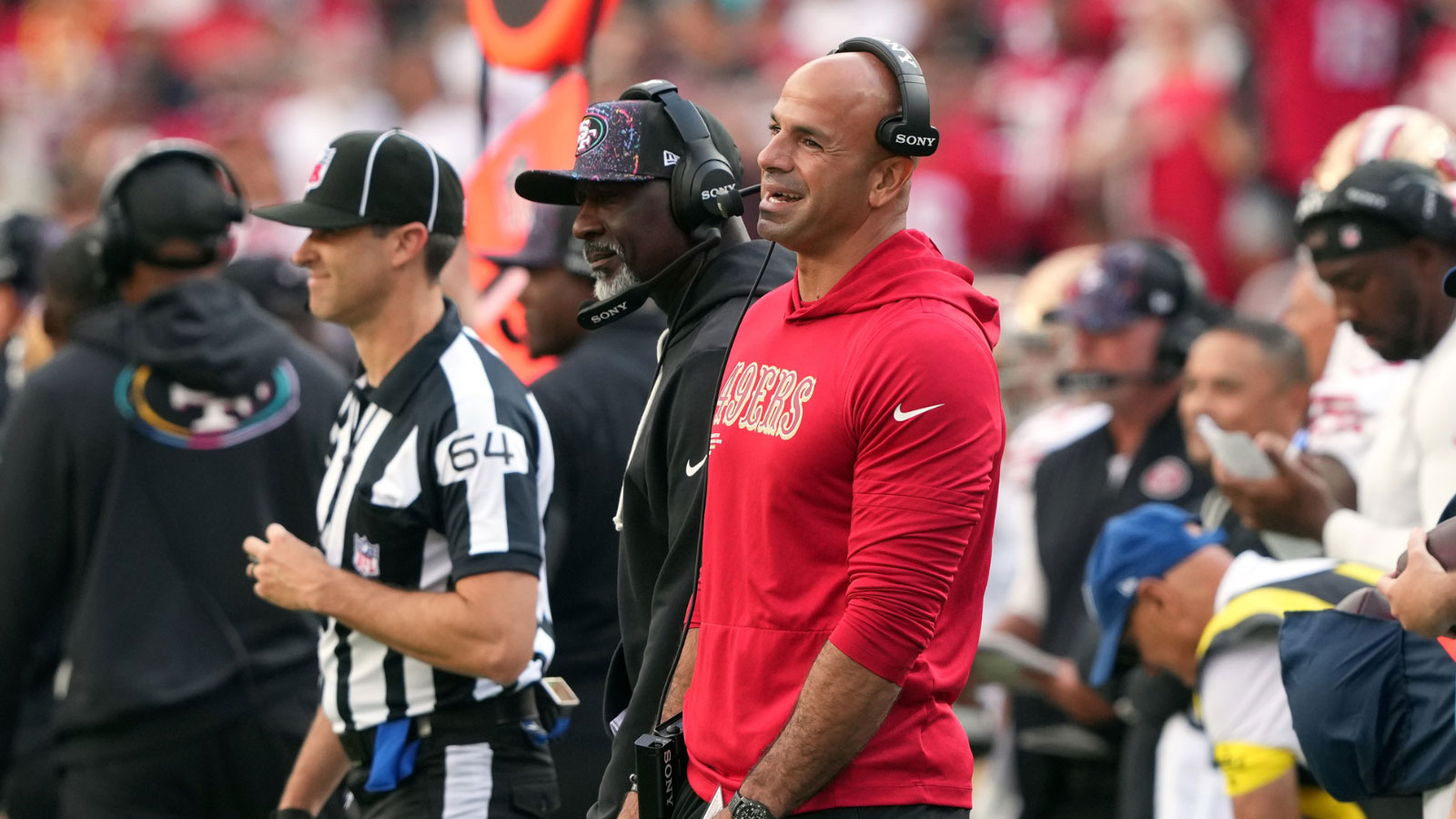The Detroit Lions, traditionally, have not exactly been known for fielding the finest rosters in their long existence, and they haven’t exactly been heralded for their shrewd front offices, either (see: Matt Millen).
In fact, the Lions — one of football's longest-running franchises — are not active traders, at all, no matter who's in charge. In general, the Lions organization has been one of the least active franchises on the trade market over the decades.
And whatever they've been doing, it hasn't worked. Since winning the 1957 NFL Championship, they’ve played in precisely zero Super Bowls, and only qualified for the postseason 12 times — with six of those berths coming in the 1990s with Barry Sanders.
The 2020 season has not gotten off to an ideal start, either. The team sits at 1-2, with a coach on the hot seat and looking up at two 3-0 squads in the AFC North. We’ll see if they look to upgrade at the trade deadline, though their history would deem it unlikely.
That said, the Lions have, arguably, come out on the winning side of a few deals over the years, such as the following five:
5) 2015: Lions acquire Haloti Ngata from Ravens for a fourth and fifth-round pick.

Ngata wasn’t the same player in Detroit as he was in Baltimore, where he became the league’s preeminent nose tackle under Rex Ryan. However, he fended off a few injuries to become an impact player for the Lions team that qualified for the 2016 postseason — and playoff berths cannot be undervalued in Lions lore.
That fourth-round pick did become Zadarius Smith, one of the best outside linebackers in football, now with the Green Bay Packers. (The fifth round pick was used by the Arizona Cardinals to select Shaquille Riddick.) But, if you told the Lions they would get a solid contributor to a playoff team for a fourth and fifth rounder, they would probably do that deal over again.
4) 2017: Lions acquire the no. 96 and 124 pick in the draft from Patriots for the no. 85 pick.

This under-the-radar draft day move allowed the Patriots to move up 11 spots and select offensive lineman Antonio Garcia at no. 85. Garcia, unfortunately, struggled with blood clot issues as a rookie and was released in 2018.
The Lions, though, were able to snag wide receiver Kenny Golladay at no. 96, who has become — this season’s injuries notwithstanding — the franchise’ first true no. 1 receiver since Calvin Johnson retired. Golladay has posted consecutive 1,000+ yard seasons, including a career-high 1,190 yards and 11 TDs in 2019.
Plus, Detroit used the no. 124 pick on linebacker Jalen Reeves-Maybin, who has blossomed into a special teams star and increasing contributor on Matt Patricia's defense.
3) 2008: Lions acquire a first, third, and sixth-round pick from Cowboys WR Roy Williams and a seventh round pick.

Jerry Jones was… jonesing for a star wideout to put across from Terrell Owens, and the Lions took advantage of the owner's thirst.
While Detroit didn't nail the draft picks, this trade is considered amongst the worst in Cowboys history, and the Lions squeezed a massive return package for the veteran wideout,
Williams had 4.5 productive seasons in Detroit, but the team was looking to rebuild and stockpile draft picks. Jones surrendered three draft picks for the Texas-native, including a first-rounder in 2008.
Detroit selected tight end Brandon Pettigrew with the pick (2oth overall) and used the other two picks to take Derrick Williams (82nd overall) and Aaron Brown (192nd overall). The latter two had short-lived careers, but Pettigrew was more impactful in Detroit than Williams was with the Cowboys.
Williams looked instantly washed in Dallas and never found a groove with the Cowboys. He had just 19 receptions in 10 games in 2008, then recorded two middling seasons under 600 yards before being released in 2010.
Pettigrew was no superstar, but he did garner over 100 targets in three straight seasons (2010-2012), and averaged nearly 700 yards and 4 TDs per season during that stretch.
Either way, in terms of value, Detroit pulled a massive haul from Jones, who later called the deal his most regrettable move.
2) 1960: Lions acquire CB Dick “Night Train” Lane from the St. Louis Cardinals for DL Gerry Perry.
“Night Train” is one of the greatest players in NFL history, and the Lions were fortunate enough to employ him for his last few great years. On Aug. 22, 1960, Detroit traded defensive lineman (and place kicker) Perry for Lane, who was past his prime but still plenty of game left.
In Detroit's first win of the 1960 season, Night Train picked off a pass from Baltimore Colts QB Johnny Unitas and returned it 80 yards for a touchdown — his first of 11 interceptions in his first two campaigns with the Lions. In 66 games over six seasons in Detroit (1960-1965), Lane had 21 picks, received All-NFL honors four times (1960-1963) and made three Pro Bowls (1960-1962).
Legendary Lions linebacker Joe Schmidt called the trade for Lane “one of the greatest trades that will ever be made in any sport.” As evidenced by it ranking at no. 2 on this list — and this list is official Lions canon — I’ll have to disagree with Schmidt’s assessment. However, it was undeniably a shrewd acquisition from Detroit’s end.
1) 1950: Lions acquire Bobby Layne from the New York Bulldogs/Yanks for WR Bob Mann

The Lions had good luck with players named Lan(y)e in the 1950s and 60s.
In 1950, after bouncing around a few teams and producing one solid season with the Bulldogs in 1949 (renamed the Yanks in 1950), Layne was traded to the Lions for Mann and the cash considerations. Mann was a star pass-catcher who had led the league in receiving in 1949 and became the first Lions players to eclipse 1,000 yards in a single season, but a contract holdout caused the Lions to ship him to New York.
In five seasons in Detroit, Layne and his high school teammate Doak Walker led the Lions to back-to-back NFL Championships in 1952 and 1953, and a third title in 1957. Layne also led the team to the 1954 championship game.
In eight seasons in Detroit, Layne was selected to four Pro Bowls and was named All-Pro twice, racked up 15,710 passing yards and 118 passing TDs.
Layne's legacy lives on to this day, though not in a way that Lions fans celebrate. Upon being traded to the Pittsburgh Steelers in 1958, Layne — according to the myth — declared that the Lions would go without a title for 50 years, putting the “The Curse of Bobby Layne” into effect.










